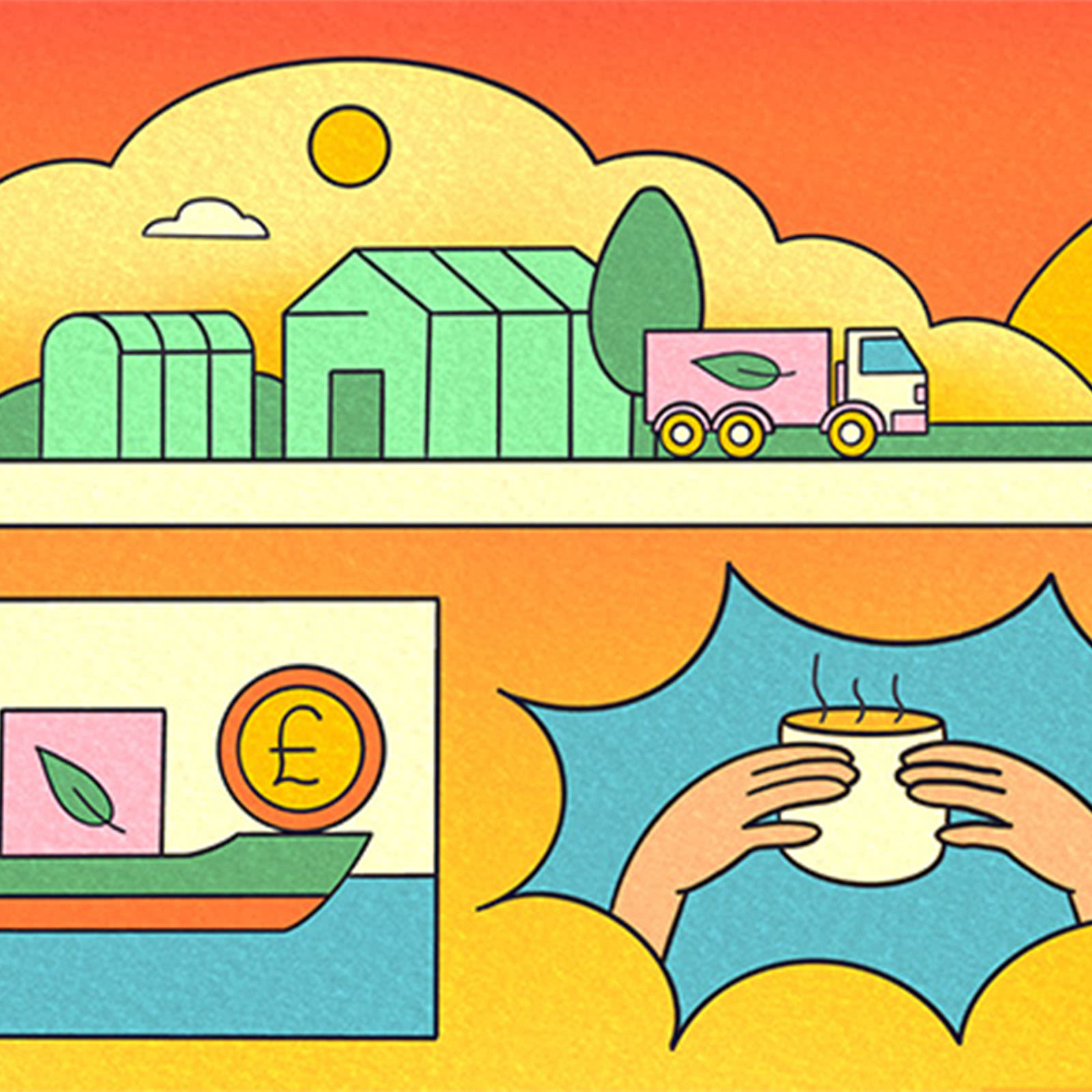
Talk to those who have been there
‘There was one person in particular who I knew had been through a similar process and wound down their business. I reached out and we went to lunch. It was a really transparent conversation – he just said: here was my experience, and here are your options. It was really meaningful to see him in a position where, a couple of years down the line, life just went on. He had gained new opportunities from it – all the experience he had building that business was transferable. The responsibility and the pressure [that] comes from running a business is challenging – to see someone in a position where they were still empowered, but not totally responsible, was quite liberating. I saw that in him and it gave me some confidence.’
Play out every scenario
‘I went through all the different options. Could we go through a pre-pack [where a company sells its assets before appointing administrators] or try to finance the business in another way? Could we offer some equity? From the moment I stopped thinking I could see a way out, I started to equip myself with knowledge. If I was to go down one lane purely as a hypothetical experiment, what does that mean? What was the cost involved and my legal obligations? We had to be really careful. My co-founder and I really wanted to do the right thing. Yes, it was hard for us as founders, but there were so many people implicated. Managing expectations and at what stage to communicate was challenging but so important.’
Get excited about what comes next
‘I set up Fix8 straight from university, so my career had been defined by the brand. A lot of my foundational identity was built into it – I hadn't stopped to consider what I would do if I wasn't doing it. I felt very devoted to it. I gave myself permission to dream beyond it. I could go back to the drawing board and say: I have a blank slate. What do I want to do? What's my skill set? I spoke to a career coach and did an enneagram – a psychological test. It gave me inspiration about other things I might really enjoy doing, like going to study. Knowing that I had options and a plan – or at least felt inspired by something beyond Fix8 – was really important. It had to almost feel like a rebirth. If this is going to end, what's going to come next?’

Create a communication plan
‘The first people we told were our employees, which was hugely difficult. They knew how hard we'd tried – we all had. There was no more we could do. They were as upset as we were. Once we'd spoken to our employees, it was about talking to our shareholders and making sure they were aware, then we sent out an email to our customers and the accounts that we worked with. We also had stock we were sitting on, so we offered them the chance to take advantage of that at a discount – lots came back with quite big orders. After that, we sent out an email newsletter to all our personal subscribers and posted on Instagram. The messages just came pouring in. It was pretty overwhelming.’
Sit back and let the situation unfold
‘It's quite hazy thinking back on it. It's hard to land on one emotion, because you just feel so overwhelmed. Once we'd made the decision, there was no more to do – I didn't have to answer any emails. There was some kind of liberation [that] came with making the decision. I received so many messages from friends, family, people that I didn't even know or hadn't spoken to in 10 years. It was heartwarming to see how many people respected what we'd done and wanted to share that.’
Then, in October 2021, Freya received an email from tea and coffee company Global Tea & Commodities, inquiring about acquiring her brand. Freya has since sold the business, staying on as CEO.
‘I was away in Italy and I received an email. I hadn't heard of [Global Tea & Commodities] and I had no expectation – I thought our fate was sealed. When I went to meet them, it was a lot to digest – the idea that Fix8 could continue. The conversations were very honest and transparent; I didn't want to make any rushed decisions. I knew I could do it only if my heart was in it. I owed that to them.
‘If it was another private equity company, I'm not sure that I would have done it, but I fundamentally trusted them the first time I met them. They're a family business and their background is in tea, which is heavily aligned with what we were doing. All of the conversations we had together were very collaborative. There was a really natural alignment. By the time I'd made the decision, I was really excited for the future, because it gave us a second opportunity to implement our growth strategy. All the previous things that we were tied to, we weren't. We could turn over a new leaf.
‘I had felt so burnt out by the end, I couldn't find joy for the business. My personal priority had been to rest and reflect – to basically hibernate. Once I felt back in alignment, I was as excited about the business as I always have been. I knew I could give it my full energy only if I felt recharged.’


A version of this article was first published in Courier issue 47, June/July 2022. To purchase the issue or become a subscriber, head to our webshop.

